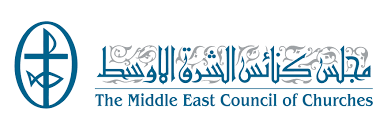MECC Report: Report: Forced Migration is the feature of the 21st Century
 As a result of armed struggles and conflict, the beginning of the 21st century was branded as an era of forced migration. Millions of people were forced to leave their homes and belongings, in an attempt to escape the violence and merely rekindle hope for a brighter future. This led to unforeseen socioeconomic ramifications and pressures on host communities; a point which in no ways whatsoever should be blamed on those forced to displace.
As a result of armed struggles and conflict, the beginning of the 21st century was branded as an era of forced migration. Millions of people were forced to leave their homes and belongings, in an attempt to escape the violence and merely rekindle hope for a brighter future. This led to unforeseen socioeconomic ramifications and pressures on host communities; a point which in no ways whatsoever should be blamed on those forced to displace.
Refugees, according to the 1951 Convention Relating to the Status of Refugees are “persons who are outside their country of origin for reasons of feared persecution, conflict, generalized violence, or other circumstances that have seriously disturbed public order and, as a result, require international protection”.
As for IDPs, they are deemed as persons who have remained within their own country and have not crossed any borders. They remain under the protection of its government, even if that government is the reason for their displacement.
Major obstacles still stand in the way of forced migrants, whose number amounts to 70.8, according to the UNHCR. Some can be attributed to forced deportation, poor integration policies, racism, resource-strained host communities, and the rise of neo-conservatism. As such, we will be reviewing the most notable crises that relate to the forced migration plight and what faith based organizations are doing to quell the ramifications of the predicament.
Click here to read the full report.
The UCC’s General Synod and the Disciples’ General Assembly adopted parallel resolutions on Global Forced Migration this past summer (2019). The resolutions speak to the massive displacement of Syrians and Iraqis, the situation of migrants in Morocco, as well as the rights of Palestinian refugees, throughout the Middle East.
